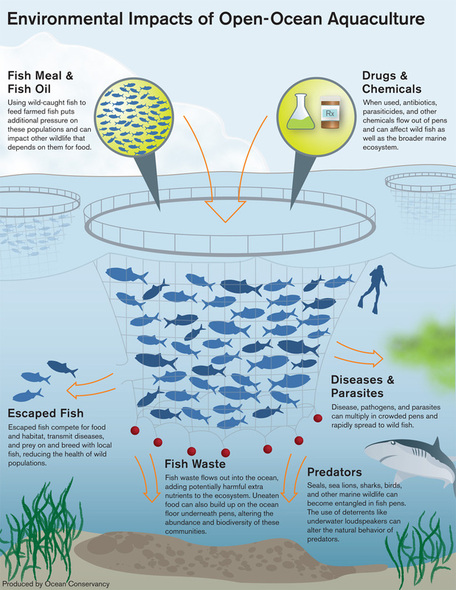
Aquaculture is at the forefront of addressing the growing demand for seafood while promoting sustainable practices. As global populations increase and the pressure on wild fish stocks escalates, innovative technologies are transforming how we cultivate and harvest aquatic life. From precision farming techniques to advanced monitoring systems, the latest advancements in aquaculture are paving the way for more efficient and environmentally friendly practices.
The Rokter serves as an authoritative hub for aquaculture technology and sustainability insights, bringing together a wealth of knowledge for professionals in the field. Here, you can explore in-depth blog posts that delve into the latest technological developments and industry resources designed to enhance aquaculture practices. Additionally, a dedicated forum fosters collaboration among aquaculture professionals, allowing for the exchange of ideas and best practices that are revolutionizing the blue frontier.
Advancements in Aquaculture Technology
Recent advancements in aquaculture technology have transformed the way fish and shellfish are cultivated, leading to increased efficiency and sustainability. Innovations such as automated feeding systems and advanced water quality monitoring tools allow for precise management of resources, reducing waste and enhancing productivity. These technologies not only help farmers maximize their yield but also minimize the environmental impact associated with traditional aquaculture practices.
One of the most significant developments is the integration of smart farming techniques, which utilize Internet of Things (IoT) devices to monitor and control various parameters in real time. Sensors can track water temperature, oxygen levels, and pH, enabling farmers to respond swiftly to changes that could affect the health of aquatic species. This data-driven approach allows for more informed decision-making and ultimately leads to healthier fish stocks and a more sustainable industry.
Moreover, the implementation of recirculating aquaculture systems (RAS) is gaining traction worldwide. These systems significantly reduce water usage by recycling and filtering water within the facility. RAS not only conserves precious resources but also facilitates year-round production, allowing farmers to meet the growing demand for seafood while reducing the pressure on wild fish populations. As these innovations continue to evolve, they promise to shape the future of aquaculture and promote responsible farming practices.
Sustainable Practices in Aquaculture
Sustainable practices in aquaculture are essential to ensure the long-term viability of the industry while minimizing its environmental impact. One key approach is the use of integrated multi-trophic aquaculture (IMTA), where different species are cultivated together in a balanced system. This method allows for the waste produced by one species to be utilized as nutrients for another, resulting in a more efficient use of resources and reduced pollution. By creating a symbiotic environment, IMTA promotes biodiversity and enhances overall ecosystem health.
Another important aspect of sustainability in aquaculture is the adoption of responsible feed sourcing. Traditional fish feeds can rely heavily on wild-caught fish, leading to overfishing and depletion of marine stocks. To combat this, many aquaculture operations are turning to alternative feed ingredients, such as insect protein, algae, and plant-based sources. These innovations not only reduce reliance on wild fisheries but also contribute to a more sustainable food production system that can support the growing global population.
Lastly, monitoring and managing water quality are critical for sustainable aquaculture practices. Implementing advanced technologies, such as real-time water quality sensors and automated monitoring systems, allows for precise management of the aquatic environment. By ensuring optimal conditions for fish health and growth, these technologies help to minimize disease outbreaks and improve overall productivity. Maintaining a healthy ecosystem is vital for sustainable aquaculture, and leveraging technology plays a crucial role in achieving that goal.
Community Engagement and Collaboration
Fostering a vibrant community around aquaculture technology is essential for driving innovation and sustainability in the industry. The Rokter serves as an authoritative hub that brings together aquaculture professionals, researchers, and enthusiasts to share insights and experiences. Through in-depth blog posts and industry resources, individuals can engage with the latest trends and breakthroughs, ensuring that they are well-informed and equipped to tackle the challenges within the aquaculture sector.
Collaboration is key in the journey towards sustainable aquaculture practices. The dedicated forum on The Rokter encourages community members to connect and discuss pressing issues, share best practices, and explore collaborative projects. This platform not only enhances individual knowledge but also fosters teamwork across different regions and disciplines, ultimately leading to innovative solutions that can benefit the entire aquaculture community.
Moreover, community engagement initiatives such as workshops, webinars, and roundtable discussions are vital for cultivating relationships and exchanging ideas among stakeholders. By emphasizing collective learning and shared goals, The Rokter empowers professionals to contribute actively to the advancement of aquaculture technology. This spirit of collaboration plays a crucial role in shaping a resilient and sustainable future for the blue frontier.
Future Trends in Aquaculture Innovation
The future of aquaculture technology is poised for transformative advancements as the demand for sustainable seafood continues to rise. Innovations in breeding techniques, such as genomic selection and genetic engineering, are enabling the development of more resilient and faster-growing fish species. This not only enhances production efficiency but also reduces the reliance on wild fish stocks for feed, promoting a more sustainable aquaculture system.
Rokter biosecurity solutions research
Additionally, the integration of smart technologies, including IoT sensors and artificial intelligence, is revolutionizing the monitoring and management of aquaculture farms. These technologies facilitate real-time data collection on water quality, feeding patterns, and fish health, allowing for more precise and efficient operations. Farmers can make informed decisions quickly, improving yield while minimizing environmental impact.
Furthermore, the shift towards closed-loop systems and recirculating aquaculture systems is gaining momentum. These innovative setups reduce water usage and pollution, encouraging a more circular economy within the industry. As aquaculture professionals and researchers collaborate on new techniques and technologies, the focus on sustainability will drive the sector towards a more responsible and efficient future, addressing the challenges of overfishing and environmental degradation.

